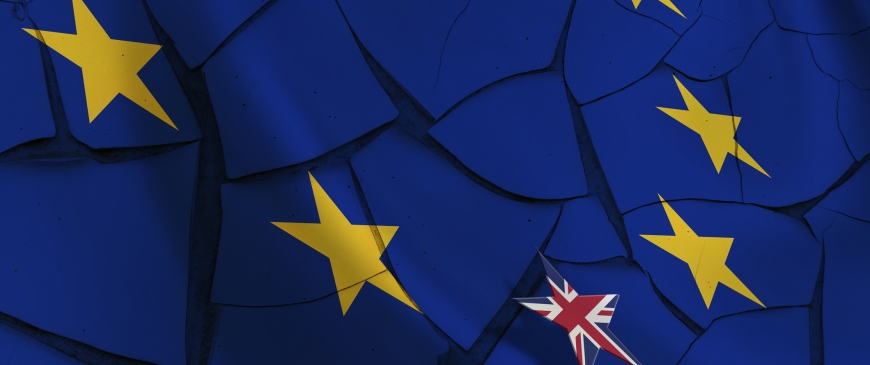
Judy Asks: Is Brexit reversible?
Maybe, but it might happen only via a sojourn in the European Economic Area (EEA).
Britain’s pro-Europeans are placing their hopes of continued EU membership on an early general election producing a government with a mandate to hold a second referendum. But the obstacles are formidable. A two-thirds majority of members of parliament (MPs) is needed to dissolve the legislature, and this is almost certainly out of reach. Moreover, it is far from clear how the opposition Labour Party would campaign in such an election: many Labour politicians believe the party must take a tougher line on immigration to win back alienated working-class voters.
The most likely way of making Brexit reversible is for Britain to join the EEA through the European Free Trade Association (EFTA). Although this would be far worse than EU membership, a majority of MPs may decide that it is the least bad option. Strictly speaking, they would be respecting the will of the people, as the June 23 referendum was on EU membership, not the free movement of workers. And if net immigration falls sharply over the next couple of years as the British economy struggles, they may calculate they can back EEA membership without risking a populist backlash. After a few years in the EEA abiding by EU rules but having no say over them, the British may start to find EU membership very attractive.
Simon Tilford is deputy director of the Centre for European Reform.
